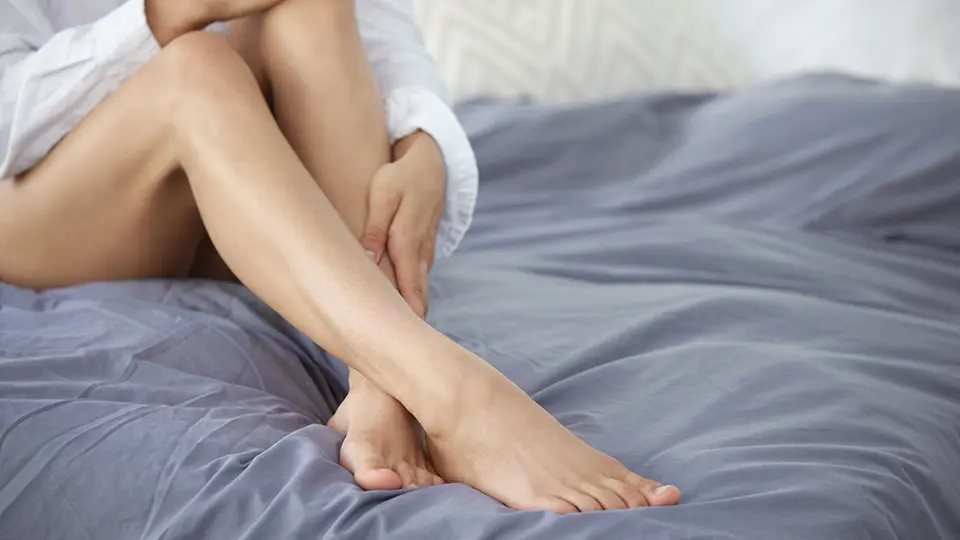Restless Leg Syndrome
Restless Leg Syndrome
This is a neurological disease that causes an impulse to extend one’s legs. It usually gets worse at night and can be upsetting. It is common to describe feeling different sensations such as burning, aching, cramping, pulsing, and swelling in the legs. 10% of people will at some point in their lives experience this ailment, which is more common in women.


Reasons
Most of the time, restless leg syndrome has no apparent reason. Pregnancy, however, and nerve function are frequently linked.
Many of the symptoms that individuals with varicose veins feel are also present in those with restless leg syndrome. Consequently, it is crucial to examine the patient’s leg veins during the initial evaluation. We can use endovenous laser ablation as a treatment if weak veins are discovered. Here, a duplex ultrasound will be used to see whether there are any venous problems.
Handling a bout of restless legs syndrome
If you are suffering from a bout of restless legs syndrome, you could benefit from doing these steps:
Massaging the legs. Leg massages can improve blood flow, reduce pain, and promote movement.
A hot or cold shower in the evening. Showering before bed opens the veins in the body, which may facilitate a more restful sleep.
Physical activities including stretching, walking, and tai chi or yoga. Exercise is obviously beneficial to your health, and these easy-to-use yet very efficient procedures make sure that your veins are functioning optimally.
Don’t let vein issues affect your life.
Book a call with us
Treatments for Restless Leg Syndrome
Restless Leg Varicose Vein Treatment
- The treatments must be personalized for each unique patient. This ensures the doctor can provide the most effective care, tailored to individual needs, leading to the best possible outcomes for every patient.
Vein Check-up
At the Vein and Foot Clinic, we offer an early detection service for the potential risk of developing thread veins, varicose veins, pelvic varicose veins, and deep vein thrombosis (DVT).
Conditions We Treat
- Varicose veins
- Superficial Venous Thrombosis Phlebitis
- Thread / spider veins
- Swollen leg
- Deep vein thrombosis (DVT)
- May turners syndrome
- Varicose veins in pregnancy
- Varicose veins in obese patients
- Restless leg syndrome
- Varicose veins of the testicles
- Recurrent Varicose Veins
- Hidden Varicose Veins
- Hemosiderin Brown Stains
- Lipo dermatosclerosis (LDS)
- Venous Eczema
- Leg Ulcers
- Vaginal and Vulval Varicose Veins
- Pelvic Congestion Syndrome (PCS)

